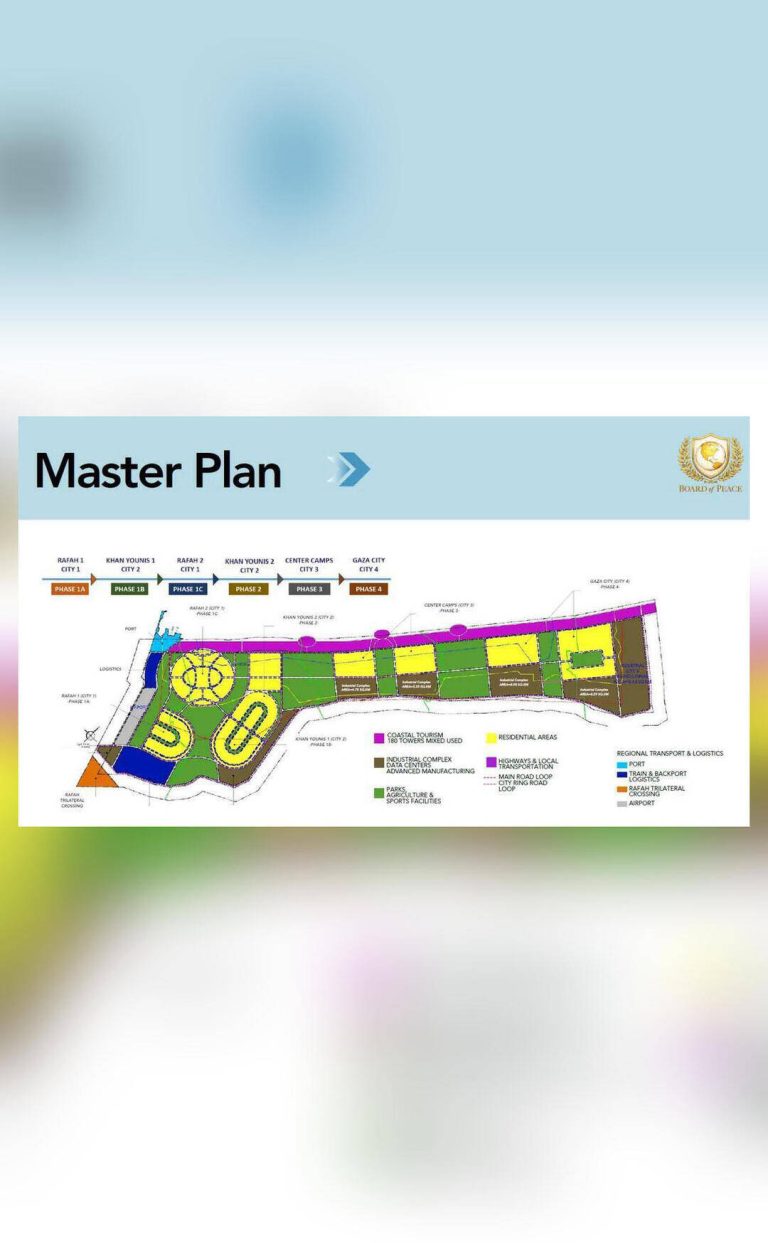
Australian teens ask nation’s top court to block social media ban
In a groundbreaking move, a constitutional challenge to Australia’s social media ban for children under 16 has been filed in the nation’s highest court. The campaign group Digital Freedom Project has initiated proceedings in the High Court of Australia to block the law, with two 15-year-olds, Noah Jones and Macy Neyland, named as plaintiffs. This development comes just weeks before the world-first law is set to take effect, sparking a heated debate about the rights of minors in the digital age.
The law in question aims to prohibit social media platforms from allowing children under the age of 16 to create accounts, citing concerns over online safety and the potential harm caused by excessive social media use. While the intention behind the law may be to protect vulnerable young people, critics argue that it infringes upon their rights to freedom of expression and access to information. The Digital Freedom Project, a non-profit organization advocating for digital rights, has taken up the cause, contending that the ban is unconstitutional and disproportionate.
At the heart of the challenge are the two 15-year-old plaintiffs, Noah Jones and Macy Neyland, who are seeking to have the law overturned. As young people who are directly affected by the ban, they are well-placed to argue that the law unfairly restricts their ability to participate in online communities, access information, and express themselves. The plaintiffs are not alone in their concerns, as many young Australians are speaking out against the ban, arguing that it is overly broad and fails to account for the diverse needs and circumstances of minors.
The High Court of Australia will now consider the constitutional implications of the social media ban, with the Digital Freedom Project arguing that it violates the implied freedom of political communication under the Australian Constitution. This freedom, which is not explicitly stated in the Constitution but has been established through judicial interpretation, is designed to protect the ability of citizens to engage in public debate and participate in the democratic process. By restricting access to social media, the ban potentially undermines this freedom, particularly for young people who are increasingly reliant on digital platforms to access information, connect with others, and express their views.
The case also raises important questions about the role of parents and guardians in regulating their children’s online activities. While the law aims to protect minors from the potential harms of social media, it may also be seen as an overreach of government authority, infringing upon the rights of parents to make decisions about their children’s online engagement. The Digital Freedom Project argues that the ban is a blunt instrument that fails to account for the complexities of family life and the varying levels of maturity and responsibility among young people.
As the world watches, Australia is poised to become the first country to implement a nationwide social media ban for children under 16. The move has sparked intense debate, with some hailing it as a necessary measure to protect vulnerable young people, while others see it as a threat to freedom of expression and a misguided attempt to regulate the online world. The High Court’s decision will have significant implications not only for Australian teens but also for the global conversation about online regulation, digital rights, and the balance between protection and freedom.
The timing of the challenge is crucial, as the law is set to take effect in just a few weeks. If the High Court rules in favor of the plaintiffs, it could potentially delay or even overturn the ban, sending a powerful signal about the importance of protecting digital rights and freedoms. On the other hand, if the court upholds the law, it may embolden other countries to follow Australia’s lead, leading to a wave of similar bans and restrictions around the world.
As the case makes its way through the High Court, it is likely to attract significant attention and scrutiny. The outcome will depend on a nuanced consideration of the competing interests and values at stake, including the need to protect young people from harm, the importance of preserving freedom of expression, and the role of government in regulating the online world. One thing is certain, however: the decision will have far-reaching consequences for Australian teens, the social media industry, and the global community.
In conclusion, the constitutional challenge to Australia’s social media ban for children under 16 is a landmark case that will test the boundaries of digital rights and freedoms in the country. With the High Court set to consider the implications of the ban, the world is watching to see how this unfolds. As we wait for the court’s decision, one thing is clear: the outcome will have significant implications for the future of online regulation, digital rights, and the balance between protection and freedom.
News Source: https://www.reuters.com/world/asia-pacific/australian-teenagers-ask-high-court-block-social-media-ban-2025-11-26/






